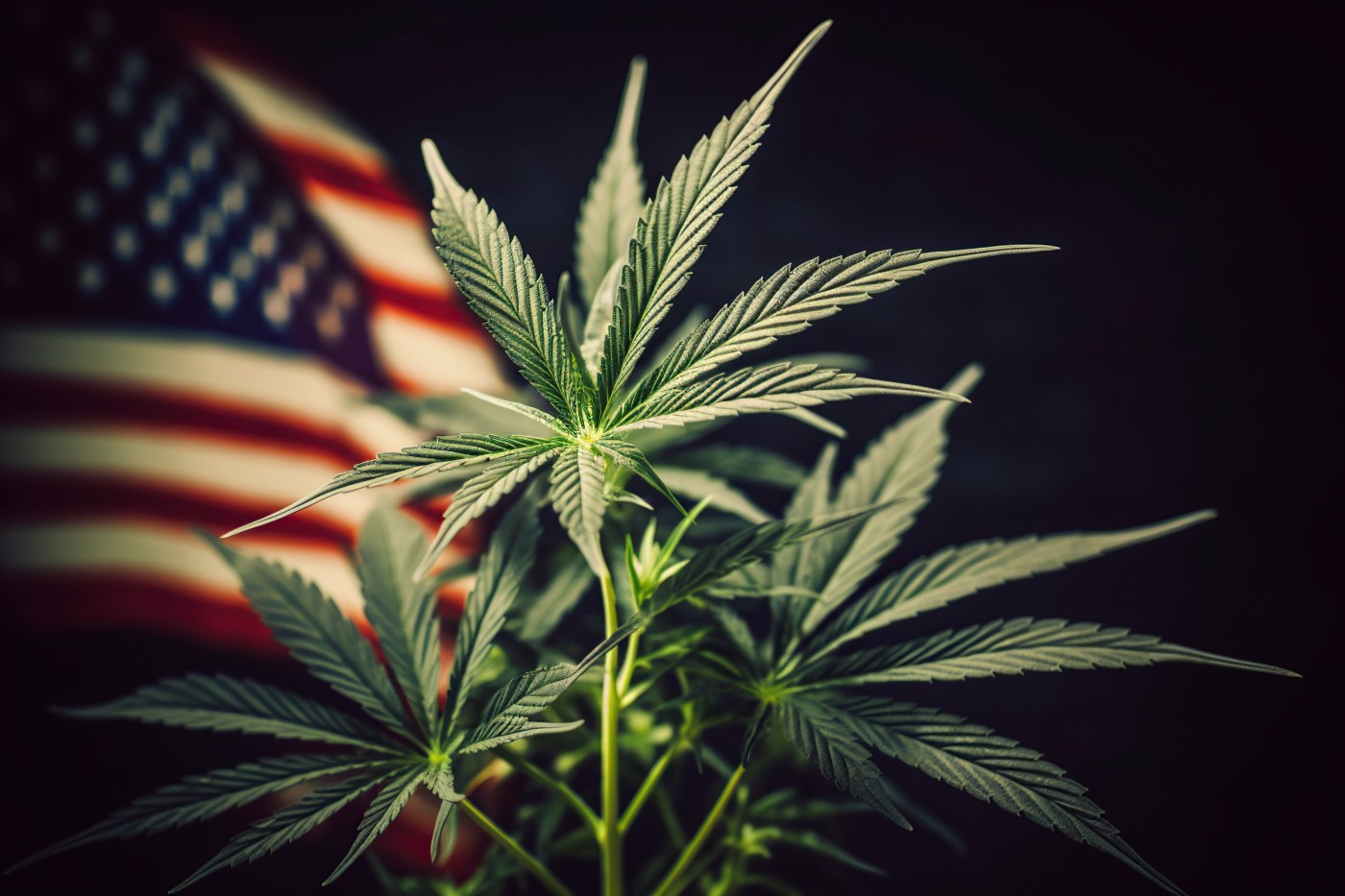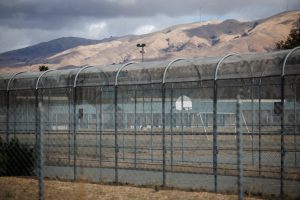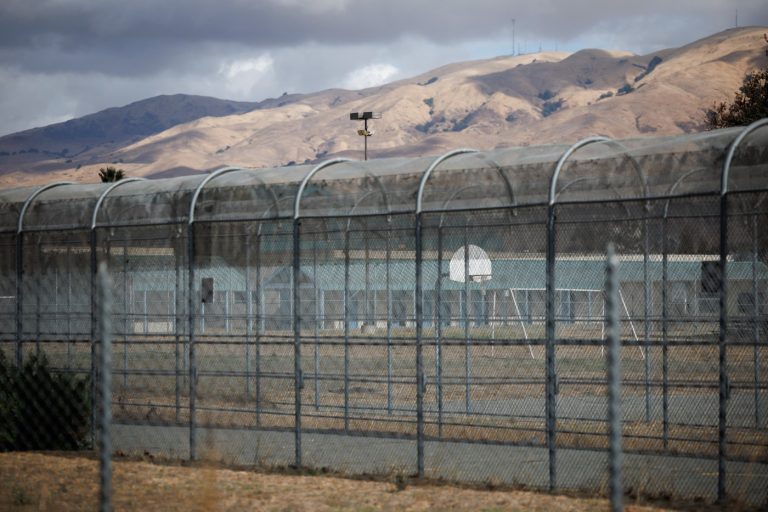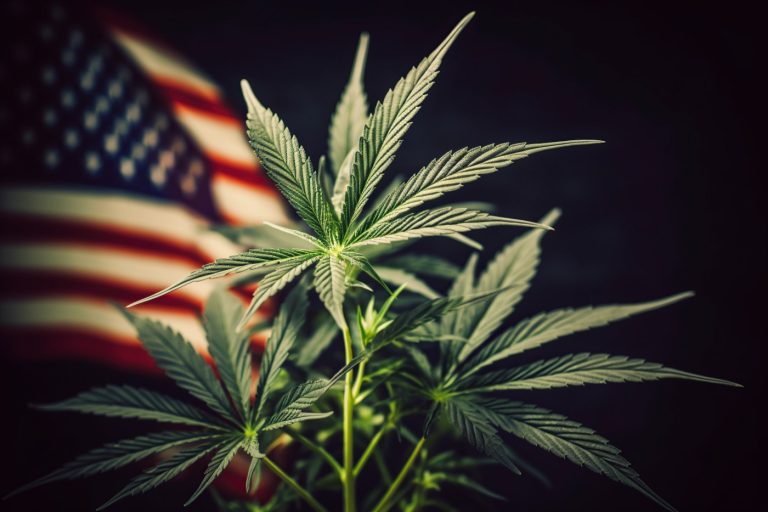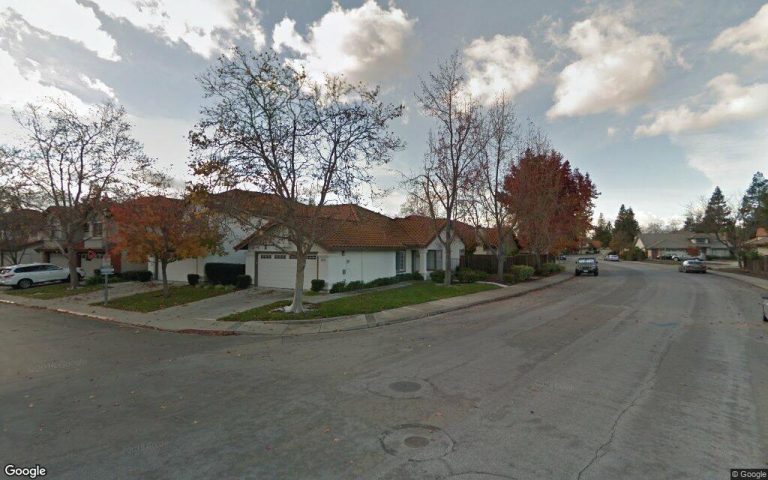The Civil Rights Movement wasn’t just about fighting for equal rights—it was about fighting for freedom, fairness, and an end to systemic injustice. Dr. Martin Luther King Jr. stood at the forefront, demanding equality for all people, regardless of race, and challenging the oppressive systems that held Black Americans back. While the movement had big wins, the struggle didn’t end in the 60s. One area where this fight continues today is in cannabis policy. The connection between MLK’s advocacy for justice and the fight for drug policy reform is more powerful than we realize, and it’s shaping the cannabis industry we know today.
Dr. King’s message was simple: everyone deserves the same opportunities and freedoms. He believed that inequality anywhere was a threat to justice everywhere. His dream was one of a more inclusive, fair society, where no one would be judged based on their skin color or background. And though cannabis wasn’t a big part of his activism, his vision of fairness has influenced today’s push for marijuana reform.
Flash forward to the 1980s, when the War on Drugs was launched, and things took a turn. This so-called “war” didn’t just target drug use—it disproportionately impacted Black and brown communities. The numbers are staggering. In 2019, the ACLU reported that Black Americans were nearly four times more likely to be arrested for marijuana possession than white Americans, even though both groups use cannabis at similar rates. This unfair treatment has led to mass incarceration, something that feels all too familiar to the battles King fought in his day.
Fast forward to today, and we’re in the midst of a major shift. While MLK may not have seen cannabis reform on the horizon, his legacy of fighting for justice and equality continues to drive the conversation. Legalizing cannabis has become not just a matter of personal freedom, but a social justice issue. Activists are pushing hard to correct the wrongs done by the War on Drugs, focusing on restoring rights to those who’ve been unfairly punished and making sure the benefits of legalization are shared fairly.
States like California, Colorado, and Illinois are leading the way with new laws that not only legalize cannabis but also aim to fix the harms of the past. Illinois’ cannabis law, for example, includes provisions to expunge criminal records for those convicted of cannabis-related offenses and creates funds to help those most affected by the war on drugs. Similarly, California has rolled out social equity programs that give folks from disadvantaged communities a leg up in the cannabis industry—offering financial help, job training, and mentorship for minority entrepreneurs looking to get a piece of the growing market.
But even with these strides, the cannabis industry isn’t without its challenges. The deck is still stacked against many people of color, who find it harder to enter the industry or build successful businesses. A 2020 study showed that Black Americans, despite making up 13% of the U.S. population, only represent 4% of cannabis business owners. This shows there’s still a long way to go in making the cannabis industry truly fair and accessible for everyone.
In short, the fight for cannabis reform is deeply tied to the fight Dr. King led for racial justice. As cannabis legalization moves forward, it’s crucial that we remember the history behind the laws and the people who have been hurt by them. Legalization shouldn’t just be about business opportunities and economic growth—it should also be about healing and fairness. If we want to honor Dr. King’s vision, the cannabis industry must be built on a foundation of justice, equality, and repair for the communities that have suffered the most.
Related Articles
How AI Impacts The Cannabis Industry
The Science of Sobriety: How Cannabis Supports Alcohol Detox
From Civil Rights to Cannabis: Tackling Racial Disparities with MLK’s Legacy
How to Help Your Health with Cannabis: A Fun and Informative Guide
Panama And Cannabis
